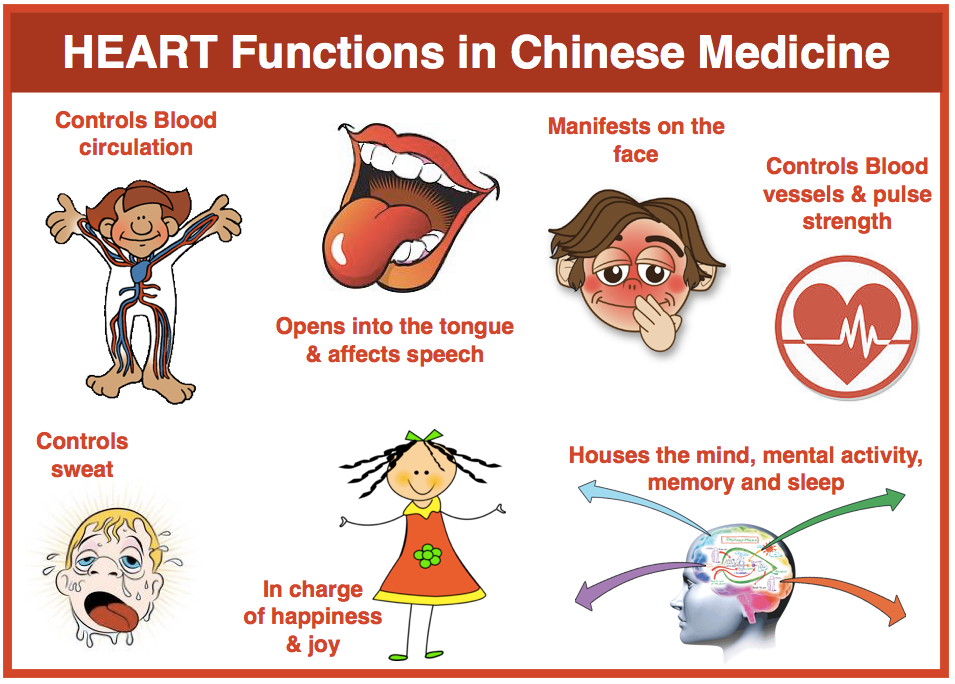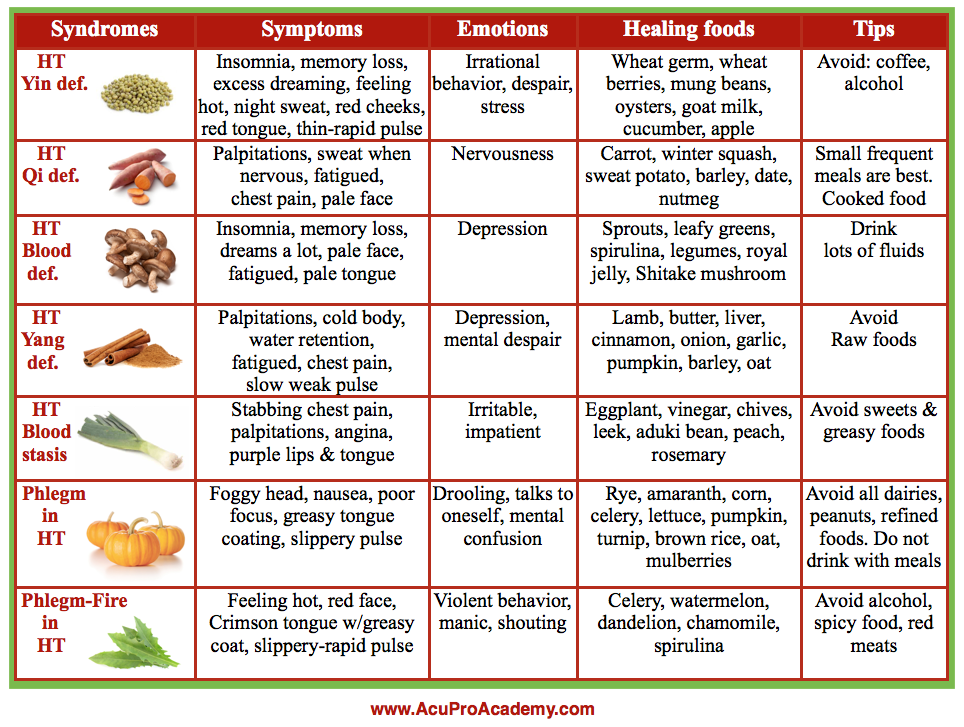
February is American Heart Month and is the perfect time to focus on promoting a healthy lifestyle for a strong heart! The sun is shining and it is time to get outside.
Western medical studies have shown acupuncture to benefit heart health by providing myocardial protection (1), and decreasing both systolic and diastolic blood pressure (2), (3), (4), which may help to decrease the risk for peripheral artery disease, stroke, heart failure and myocardial infarction in hypertensive patients (4), (5). While prevention is always the best medicine, acupuncture can support even advanced diseases such as healing from open heart surgery, and recovering from stroke or myocardial infarction. Our clinic assists with these recoveries at Boulder Community Health (BCH) and at the Clinic.
According to the American Heart Association a loved one will die from cardiovascular disease every 38 seconds (6)! Cardiovascular disease is the leading cause of death in the United States killing one in every three people, and more people than all types of cancer combined (7). If cardiovascular related deaths were covered by the media, perhaps people would start recognizing the magnitude of its impact and implement the necessary lifestyle changes to make a difference for themselves. A healthy heart can be promoted simply by healthy lifestyle choices. Eating whole foods, exercising, decreasing stress, and avoiding smoking and alcohol is (for most people) all that is necessary to have a HUGE impact on your heart health. Western medical studies have shown that significant benefits to heart health can be achieved by eating certain foods which help decrease blood pressure, cholesterol levels, and inflammation. Some of these foods include: leafy green vegetables, whole grains, berries, avocados, fish, and walnuts. Click here for the full list (8).
The American Heart Association recommends making small substitutes in your everyday life such as using olive oil instead of vegetable oil; eating whole grains such as oats, quinoa, barley, buckwheat, and brown rice as opposed to refined carbohydrates such as white bread, white rice, pasta, and sugars; and substituting red meats for lean meats and fish. They also recommend focusing on healthy fats such as fatty fish like salmon, avocados, nuts and seeds, and avoiding trans fats and saturated fats such as those in processed, boxed, and fast foods. You can also steam, bake, or roast foods instead of frying them. In addition, cutting back on salt intake can help to lower your blood pressure. You can get more tips from the American Heart Association by clicking here (10). Both the Mediterranean diet and the Dash diet meet the standards as recommended by the American Heart Association. Both of these diets focus on whole grains, vegetables, fruits, lean meats such as fish, nuts and seeds, and avoiding refined carbs, sweets, and saturated/trans fats (11).

In this article, we are going to explore some of the different heart patterns we treat in Chinese medicine and offer some suggestions and food cures to help improve your health. For a full evaluation and to experience the many benefits of acupuncture and using Chinese food cures to improve your health, please visit us at our clinic, the Acupuncture Clinic of Boulder, Inc.
In Five Element theory, the color associated with the heart is red and the flavor is spicy! Foods that have these properties can therefore nourish the heart. These spices can include: black pepper, cayenne, basil, cinnamon, clove, fennel seed, rosemary, dill, and turmeric. In Chinese medicine spices are known to help with blood circulation and can be beneficial in situations where blood is stagnant. Stagnant blood is characterized by a fixed pain that is not eased by either hot compresses or ice packs. Typical signs include purplish skin, dark purple lips, and dry scaly skin. Other heart conditions that might be classified in TCM as aspects of congealed blood include: hemorrhage, thrombosis, local ischemia (tissue damage due to restricted or inadequate blood flow), and menstrual problems. The season for the heart is summer and the element is fire! For this reason, cooling and fresh foods can benefit imbalances of the heart. A diagnosis in Chinese Medicine called, “Excess heat rising” has symptoms such as: high blood pressure, red eyes and face, easy to anger, insomnia, and anxiety. These patients might also notice a red tipped tongue. To regulate or balance these symptoms, some of the recommended cooling foods include: lemon, lettuce, mint, celery, watercress, watermelon, bamboo shoots, and cucumbers. The taste associated with the heart is bitter so if you are looking to add in some heart healthy foods, consider dark leafy greens, such as: rainbow chard, kale, spinach, collard greens, and arugula. In Chinese medicine the heart controls body fluids and the fluid related to the heart is sweat. If you find you are sweating excessively (without cause) it could be a sign of Heart Qi (energy) Deficiency. Other symptoms of a heart qi deficiency are palpitations, rapid heart rate, and shortness of breath. Foods to support Qi tend to be the ones that release energy steadily over time. These foods tend to be sweet and warm and can include: quinoa, amaranth, oats, rice, sweet potatoes, mushrooms, and squash. The heart “opens into (or expresses) the tongue” and manifests on the face. A pale tongue or face can indicate a Heart Blood Deficiency. The diagnostic names can be confusing and sometimes do not translate well between a Western, allopathic doctor and a Chinese medical practitioner. If you are standing and walking around, you certainly have enough blood in your vessels to be living and breathing, but perhaps you are lacking vitality and energy. A blood deficiency can mean anemia with an eastern or western diagnosis, but it does not always translate this way. Sometimes the diagnosis is indicated with the following symptoms: palpitations, slow heart rate, poor memory, and dizziness. Foods to support blood building are often rich in iron or B12 like meat, fish, many beans, and seafood. Some examples include: beef, chicken eggs, seaweed, bone broth, aduki beans, and kidney beans. In addition, dark colored berries (blueberries, dark cherries, blackberries, raspberries), beets, and dark leafy greens are also beneficial for blood building.

Healthy food is not all that is needed to support our heart health. In Chinese Medicine, each organ in the body is assigned functions and is associated with an element. In Five Element theory, the Liver harmonizes digestion, emotion, menstruation, and the production of bile. The Liver is the mother to the Heart. The Liver is associated with Spring (Wood) and fuels the Heart (Fire). In Chinese medicine the Liver maintains the free flow of qi within our body and is easily stagnated by stress. If you have high stress you are compromising the energetic functions of your Liver and creating high cortisol levels within your body leading to inflammation. Sufficient exercise, decreasing alcohol consumption, and controlling stress levels will promote a happy liver to help sustain a healthy heart.
Our goal as practitioners of Traditional Chinese Medicine is to encourage preventive medicine and to offer you tools to help you live a rich, full, and healthy life. Acupuncture offers an avenue to reduce stress, improve your energy, regulate your blood sugar, and find homeostasis (regulation). We work with people at all stages of their journey. Sometimes people are having challenges sleeping, have heightened anxiety, high stress at work, home, or both. Whatever your challenge, make this the year to do something about it.
Written by Cassandra Krug, L.Ac., Dipl. OM
1. Q. Wang, D. Liang, F. Wang, W. Li, Y. Han, W. Zhang, et al.Efficacy of electroacupuncture pretreatment for myocardial injury in patients undergoing percutaneous coronary intervention: A randomized clinical trial with a 2-year follow-up Int J Cardiol, 194 (2015), pp. 28-35 https://www.sciencedirect.com/science/article/pii/S0167527315010621
2. Severcan, C. Cevik, H.V. Acar, A.B. Sivri, S.S. Mit, E. Geçioğlu,et al.The effects of acupuncture on the levels of blood pressure and nitric oxide in hypertensive patients Acupunct Electrother Res, 37 (4) (2012), pp. 263-275 https://www.ingentaconnect.com/content/cog/aetr/2012/00000037/00000004/art00002
4. Peng Li, Stephanie C. Tjen-A-Looi, Ling Cheng, Dongmei Liu, Jeannette Painovich, Sivarama Vinjamury, and John C. Longhurst.Medical Acupuncture.Aug 2015. http://doi.org/10.1089/acu.2015.1106
5. P. Li, S.C. Tjen-A-Looi, L. Cheng, D. Liu, J. Painovich, S. Vinjamury,et al.Long-lasting reduction of blood pressure by electroacupuncture in patients with hypertension: randomized controlled trial Med Acupunct, 27 (4) (2015), pp. 253-266. https://www.liebertpub.com/doi/pdf/10.1089/acu.2015.1106
6. https://www.medicalnewstoday.com/articles/298376.php
7. http://www.heart.org/idc/groups/ahamah-public/@wcm/@sop/@smd/documents/downloadable/ucm_470704.pdf
9. https://www.healthline.com/nutrition/heart-healthy-foods#section11
11. https://www.heart.org/en/healthy-living/healthy-eating/eat-smart/nutrition-basics/mediterranean-diet



